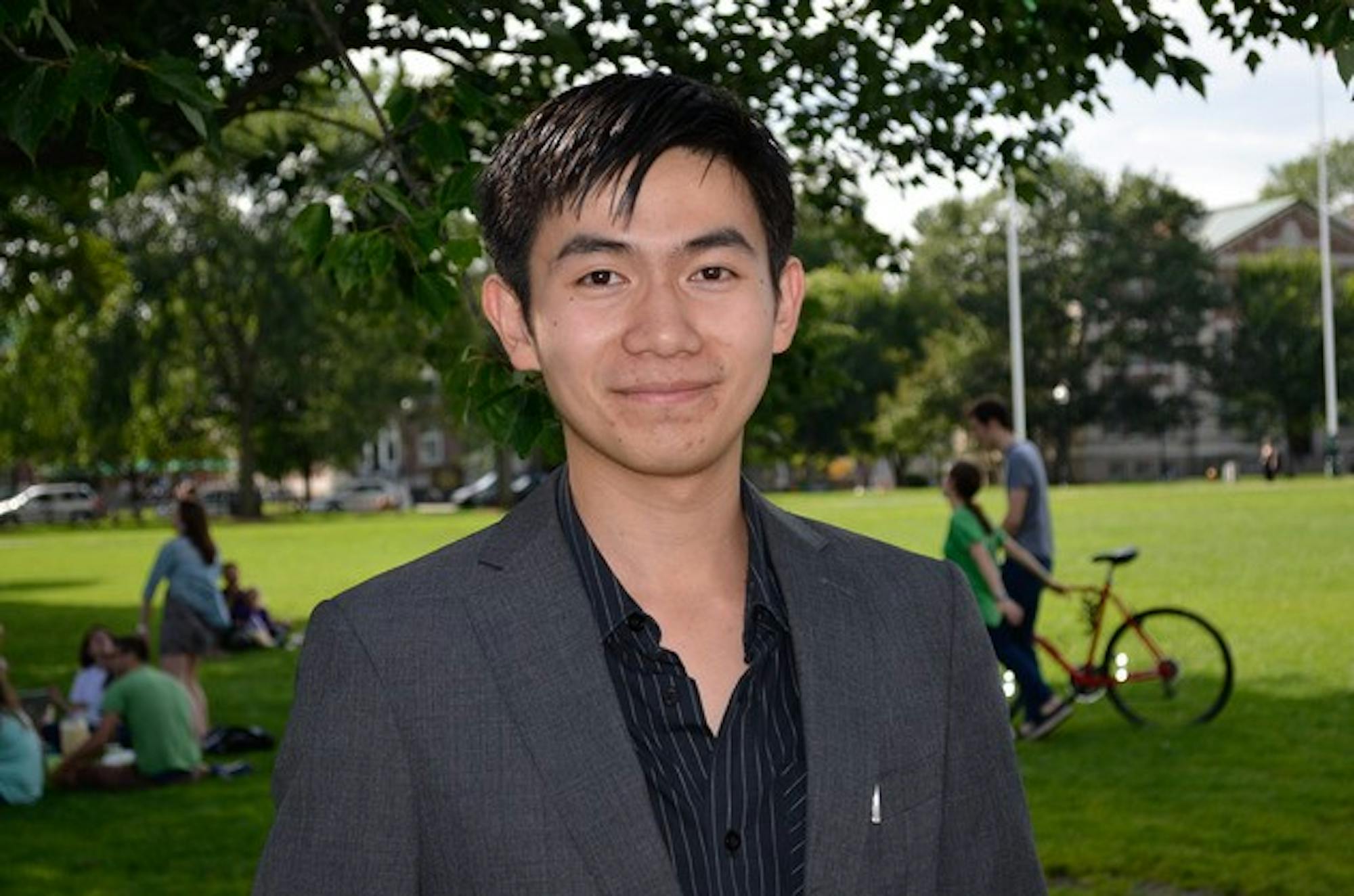Funded by the Andrew W. Mellon Foundation through 2014, the position was established in 2011 to promote classical music on campus and collect data as part of a multi-college study on student engagement with the performing arts.
"The arts remain relevant as ever, both to our immediate everyday lives as well as to our long-term growth and development," Fu said in an email.
Fu hopes to support student creativity, promote interdisciplinary collaboration and make it easier for students to learn about classical music.
Julia Floberg '11, who held the position for the past two years, said the post was initially created due to concerts' aging audiences. Hopkins Center director Jeffrey James had a vision for engaging students with the arts on campus and across the country.
Floberg researched current trends in college students' attitudes toward the performing arts, helping conduct studies on student involvement, including a survey that received around 9,500 responses across seven campuses. The study found that 22 percent of students surveyed "frequently" attend live concerts by professional singers or musicians, with 48 percent reporting "occasional" attendance. The College hosted a symposium in June to present and discuss the findings, which suggested that interest in classical music is typically driven by the promise of a celebrity performer, and that student performers "can serve as a key point of entry" for classical music concert attendance.
A stigma exists among young people surrounding classical music, and the genre is often perceived as inaccessible by students who aren't raised with it, Floberg said.
"I never listened to it when I was a kid, and my parents didn't listen to it, so to then all of a sudden attend a classical music concert would be kind of random for me," Rachel Gray '15 said.
Floberg has been working with the Hopkins Center to make the genre more accessible to unfamiliar audiences, she said.
"It's about trying to figure out how a presenter like the Hopkins Center can lower all those barriers and make it easier to experience genres like classical music," Floberg said. "It's much more meaningful if you're 20, and you're speaking to someone else who is 20 about how cool a performance is, or how cool this classical music piece is going to be."
Kenny Amaya '15 said he typically listens to classical music while studying or trying to fall asleep. Though he would like to see friends in the Dartmouth Symphonic Orchestra perform, and attempted to get tickets to the Yo-Yo Ma concert last fall, Amaya has yet to attend a classical music concert at the Hopkins Center.
"Around campus I don't think it's as big as it could be," he said.
As he steps into Floberg's position, Fu will use the data she collected to implement changes in the arts community.
"We have findings and data, and I get to take all of this and come up with projects that try to promote student creativity and involvement in the arts," Fu said. "In some ways, I have a blank slate. I have a lot of freedom to work with, and I'm excited about that."
As fall approaches, Fu will focus on advertising the arts to the upcoming class.
"We'll be focusing a lot on the Class of 2017, because we agreed that once people start out at Dartmouth, things start to pile up and they get busier and busier," Fu said. "We want to expose them to the arts and art-making at Dartmouth early on when they're still exploring."
For Fu, the value in engaging with the arts lies in its potential to lead to new opportunities. Despite classical music's occasional inaccessibility, Fu said that with the right knowledge and exposure, anyone can learn to appreciate works of art.
Before coming to Dartmouth, Fu did not know a lot about composition and had never heard a symphony in its entirety.
"It all seemed foreign to me," he said. "But the more I studied and understood it, not only did I feel more comfortable with the music, but it also helped open doors to other subjects."
"For example, I may look at a painting or a sculpture, and it doesn't naturally speak to me," he went on. "But from my experience in music, I know that with proper preparation and if I gave it a chance and approached it a certain way, it may open up a new interest or even career path."
Stephanie McFeeters contributed reporting.




